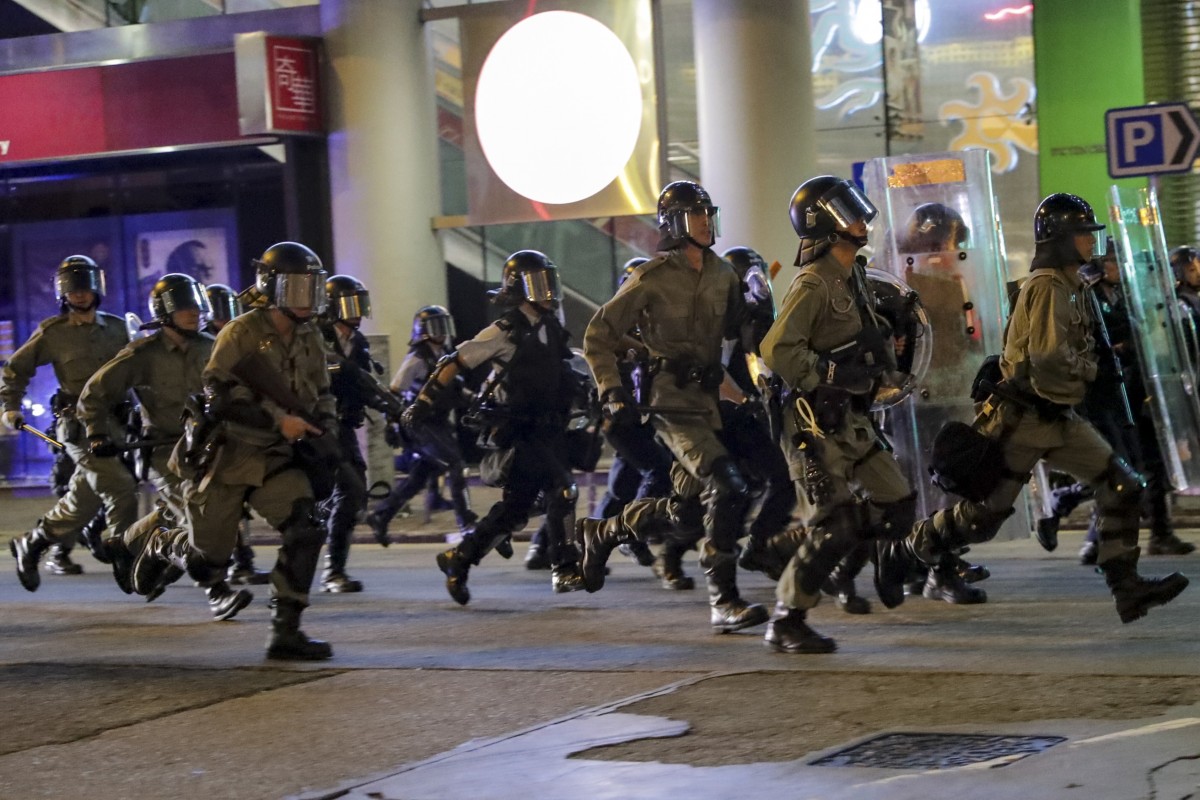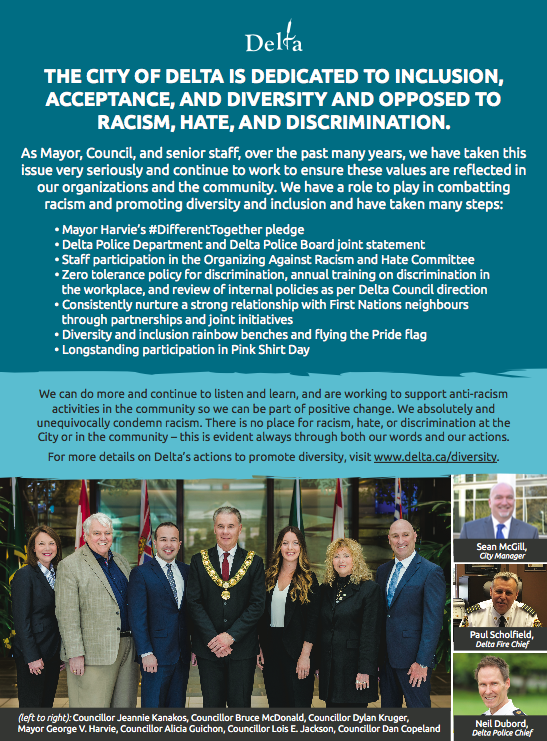DESIBUZZCanada
Events Listings
Dummy Post

International Day Of Yoga To Be Virtually Celebrated Saturday At 4pm

CANCELLED: Coronavirus Fears Kills Surrey’s Vaisakhi Day Parade

ADVERTISE WITH US: DESIBUZZCanada Is The Most Read South Asian Publication Online

SURREY LIBRARIES: Get Technology Help At Surrey Libraries

WALLY OPPAL: Surrey Police Transition Update On Feb. 26

GONE ARE THE DAYS - Feature Documentary Trailer

Technology Help At Surrey Libraries

Birding Walks

Plea Poetry/short Story : Youth Contest

International Folk Dancing Drop-in Sessions
AN UPRISING: Is The Turmoil In Western Capitalist Countries A Revolution Or Anarchy?
- July 6, 2020


By Dr. Sawraj Singh
Many western capitalist countries are passing through a period of turmoil. America is going through one of the worst turmoil in recent history. The death of George Floyd, a black man, at the hands of police precipitated this turmoil. However, the causes of turmoil were long standing. Racism, growing gap between the haves and have-nots, extreme individualism, radical egalitarianism, people of different cultural backgrounds not being properly assimilated in the mainstream, homelessness and a culture of violence are some of the factors contributing to the turmoil. Add to the alienation of the people brought by capitalism and life being limited to only material aspects, and absence of spiritual aspects of life brought by consumerist culture of capitalism, and you have a perfect recipe for anarchy.
Anarchy is not Revolution. What we have in the western countries is anarchy and not revolution. The movement started as a movement against police brutality against the minorities, particularly against the Blacks. However, the movement got infiltrated by the anarchists and lost a clear cut direction and purpose. Revolutionary movement has clear direction and purpose. Another big difference between anarchy and revolution is that revolution has discipline, whereas anarchy has indiscipline. Another point is that anarchy is an integral part of capitalism. Capitalism will promote anarchy and finally end in anarchy.
Western countries, particularly America, have incited anarchy in other countries. They have done this in many countries. However, we can take the example of two big countries: China and Russia, their main rivals. In China, they pushed the Cultural Revolution toward anarchy. During the Cultural Revolution, many excesses were committed. A wrong tendency emerged where everything old and traditional was considered decadent and had to be destroyed in order to create something new. This was unnatural because new things evolve from old things. Old things are not negated, but are exhausted to create new things. Another wrong tendency was to see contradictions between people (non antagonistic contradictions) as contradictions between people and enemies (antagonistic contradictions). The Cultural Revolution pushed China to chaos and instability and almost to complete anarchy.

I saw the impact of the Cultural Revolution in the leftist students in Punjab and was shocked to see them attacking the established values. When I came to America in the early seventies, I was surprised to see similar things in some so called radical left groups. However, some well-informed people told me that these groups had been infiltrated by American intelligence agencies. It was obvious that they wanted to derail people from the revolutionary course and push them toward anarchy.
Teng Hsiao Ping brought back stability to China. His priority was to make China an economic power in the world. Politics and ideology took a back seat to economics. Once these goals were achieved, China has started reemphasizing Marxist ideology and in many ways, reversed the course set by Teng Hsiao Ping.
In Russia, Yeltsin backed by America tried to push Russia toward anarchy in 1993; when the Communist controlled Russian Parliament attempted to impeach him, he used military force to hold on to power. 187 people were killed and 437 people were wounded. However, the US President Bill Clinton compared Yeltsin to Abraham Lincoln. Again, it is obvious that America wanted to push Russia toward anarchy. It was Putin who saved Russia from slipping into complete anarchy and bringing stability and restoring national pride of Russia. From a completely marginalized country, Russia became a regional power and an important player in the world.

Today, Russia and China are much more stable and disciplined societies than the western capitalist countries. The western capitalist countries seem to be close to the terminal state of capitalism, that is anarchy. The corona pandemic has pushed further these countries toward anarchy. The present turmoil appears to be closer to anarchy than revolution. It seems to be lacking in finding a clear goal. It also lacks discipline and effective leadership. It has helped to focus attention on omnipresent racism in America and on the colonial past in Europe. However, it has failed to link these problems to the present corporate Capitalism. Many corporations have come out in support of the movement. Obviously they do not feel that this movement is going to bring any fundamental change in the society that threatens their privileged status.
We should try to utilize the present turmoil to raise people's awareness about the need to change the present globalization and world order to a new globalization that is not limited to economics, and has an ethical aspect and a global perspective also. We need a new world order that serves all nations and all people instead of serving only the privileged few.

Dr. Sawraj Singh, MD F.I.C.S. is the Chairman of the Washington State Network for Human Rights and Chairman of the Central Washington Coalition for Social Justice. He can be reached at sawrajsingh@hotmail.com.












